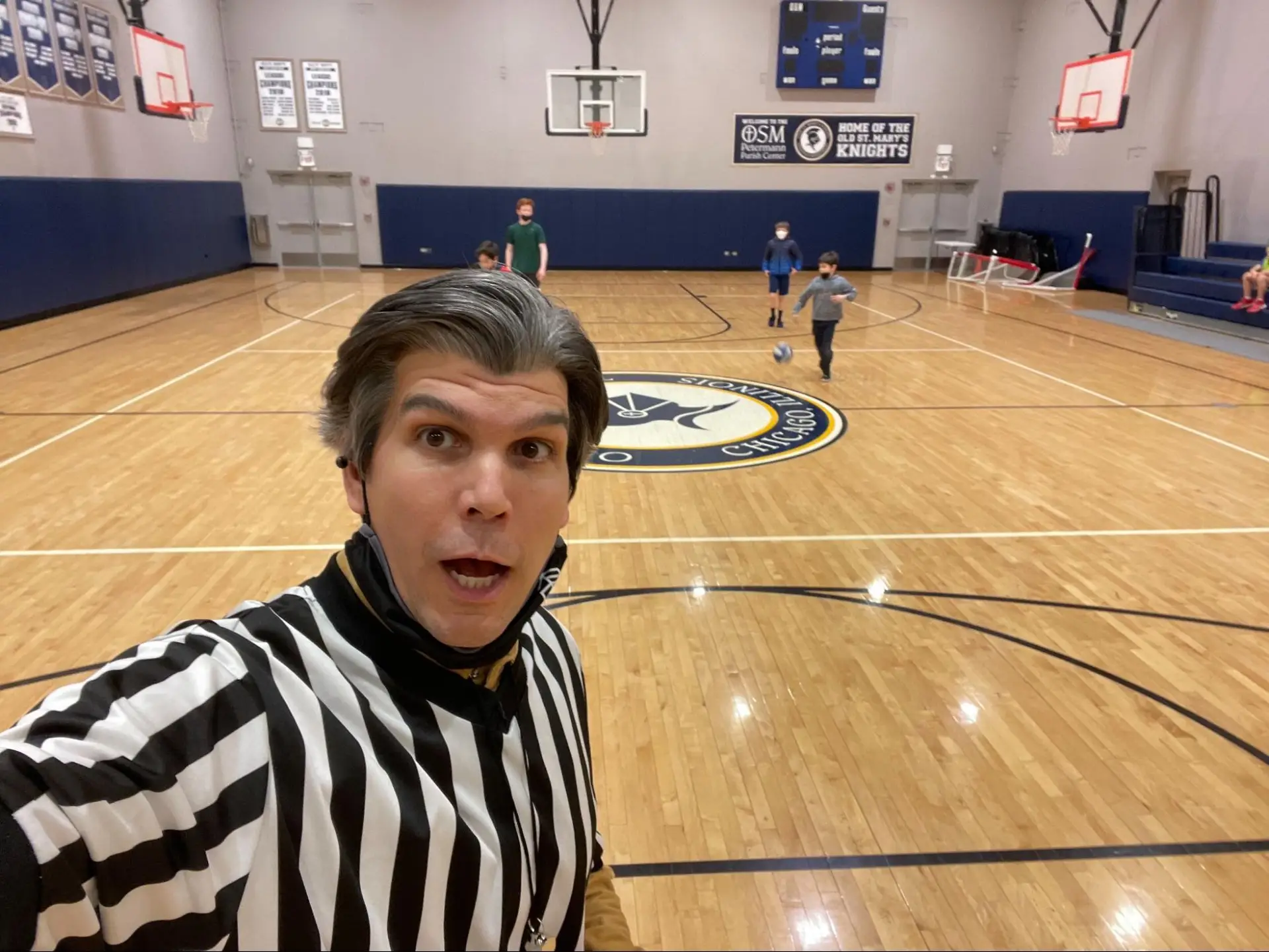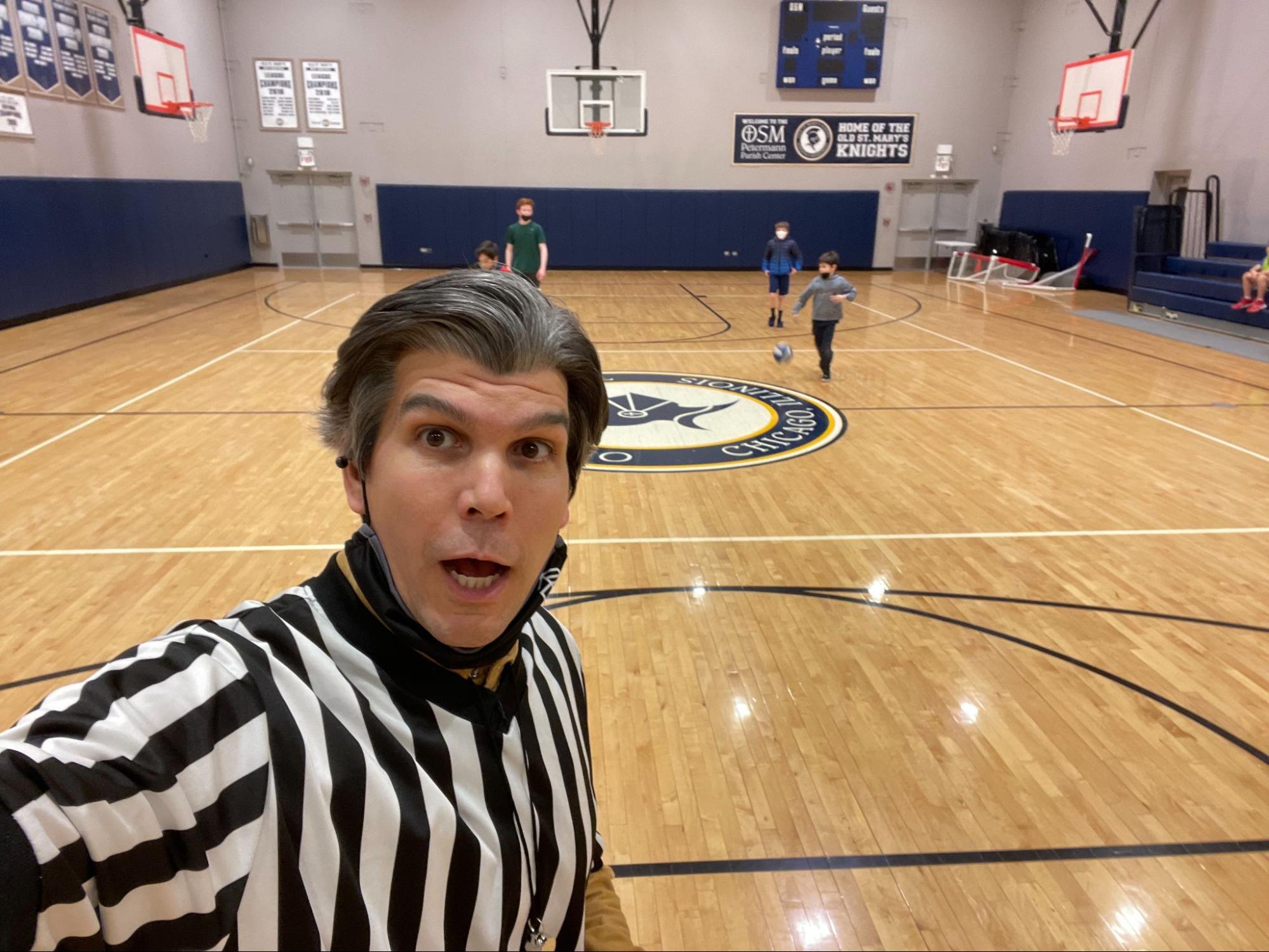The three things I learned serving as a referee, and how they can make us better colleagues.
Written by:
Date:


This winter, I served as a referee for several scrimmages between 6th grade boys’ basketball teams at my son’s school. The experience was eye opening. I learned that being a good referee is as much about being a good communicator as it is about judging the rules of the game. As such, I saw a lot of parallels to what we do every day with each other and for our clients.
- Jobs can look a lot easier from a distance – When you’re up close and personal on the basketball court, things move much more quickly, and the data points are flowing in a much higher volume than they would normally flow from the comfort of the bleachers or your couch. The same can be said for a standard work day: Don’t assume someone has an easier go of it than you until you walk in their shoes. “Embracing empathy” is one of HDMZ’s ten core values, and Fortune had a nice article last December on how best to do that in a largely virtual environment.
- Stay in the present – There’s a lot that happens in a basketball game, and everyone from the coaches, players, scorekeepers and, especially, the referees will experience success and failure during the course of a game. You can’t allow the memory of a bad play (or even a great one!) to cloud your thoughts or divert your attention from what you’re doing in the present moment. Our work days can be like that too, particularly in a virtual environment when we’re bouncing straight from one Zoom meeting to the next. Focusing on “the now” takes constant practice. I’ve found the mindfulness app, Headspace, a helpful tool in training the mind to stay present.
- Consistent, constructive communication can make all the difference – Providing your rationale for a call can help a coach or player better understand your decision, even if they don’t ultimately agree with it. Being proactive with communications is even better. This simple courtesy can go a long way toward building rapport with the players and coaches, and can prevent serious issues from occurring later down the line. Similarly, adding as much context as possible to workday communications can help facilitate efficient decision-making with your team or clients, and can reduce the anxiety that often comes from not knowing the status of a project or initiative. This rapport can lead to something even more powerful – trust.
The famous Italian soccer referee, Pialuigi Collina, said the secrets to his success were trust and respect.
“You have to be accepted on the field of play not because you are the referee, but because people trust you,” he said after retiring. “This means you can reach the best result a referee can reach, which is to be accepted even when he is wrong.”
Empathy, mindfulness, and proactive communication – vital ingredients for healthy relationships and outcomes, on and off the court.
You may also like
All rights reserved Privacy Policy






